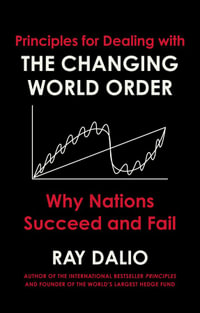
Journal of Sustainable Mobility Vol. 2 Issue 1
Sustainable Mobility in China and its Implications for Emerging Economies
By: Michael Zhang (Editor), Fuquan Zhao (Editor), Han Hao (Editor)
Paperback | 31 May 2015
At a Glance
Paperback
RRP $62.99
$51.50
18%OFF
Aims to ship in 7 to 10 business days
ISBN: 9781783535200
ISBN-10: 1783535202
Series: Journal of Sustainable Mobility
Published: 31st May 2015
Format: Paperback
Language: English
Number of Pages: 70
Audience: College, Tertiary and University
Publisher: Taylor & Francis Ltd
Country of Publication: GB
Dimensions (cm): 24.6 x 17.4
Weight (kg): 0.45
Shipping
| Standard Shipping | Express Shipping | |
|---|---|---|
| Metro postcodes: | $9.99 | $14.95 |
| Regional postcodes: | $9.99 | $14.95 |
| Rural postcodes: | $9.99 | $14.95 |
How to return your order
At Booktopia, we offer hassle-free returns in accordance with our returns policy. If you wish to return an item, please get in touch with Booktopia Customer Care.
Additional postage charges may be applicable.
Defective items
If there is a problem with any of the items received for your order then the Booktopia Customer Care team is ready to assist you.
For more info please visit our Help Centre.
You Can Find This Book In
This product is categorised by
- Non-FictionEarth Sciences, Geography, Environment, PlanningRegional & Area PlanningTransport Planning & Policy
- Non-FictionLawLaws of Specific JurisdictionsEnvironmentEnvironment Law
- Non-FictionBusiness & ManagementSales & Marketing
- Non-FictionEngineering & TechnologyEnvironmental Science
- Non-FictionBusiness & ManagementBusiness Ethics & Social Responsibility
- Non-FictionEconomics























